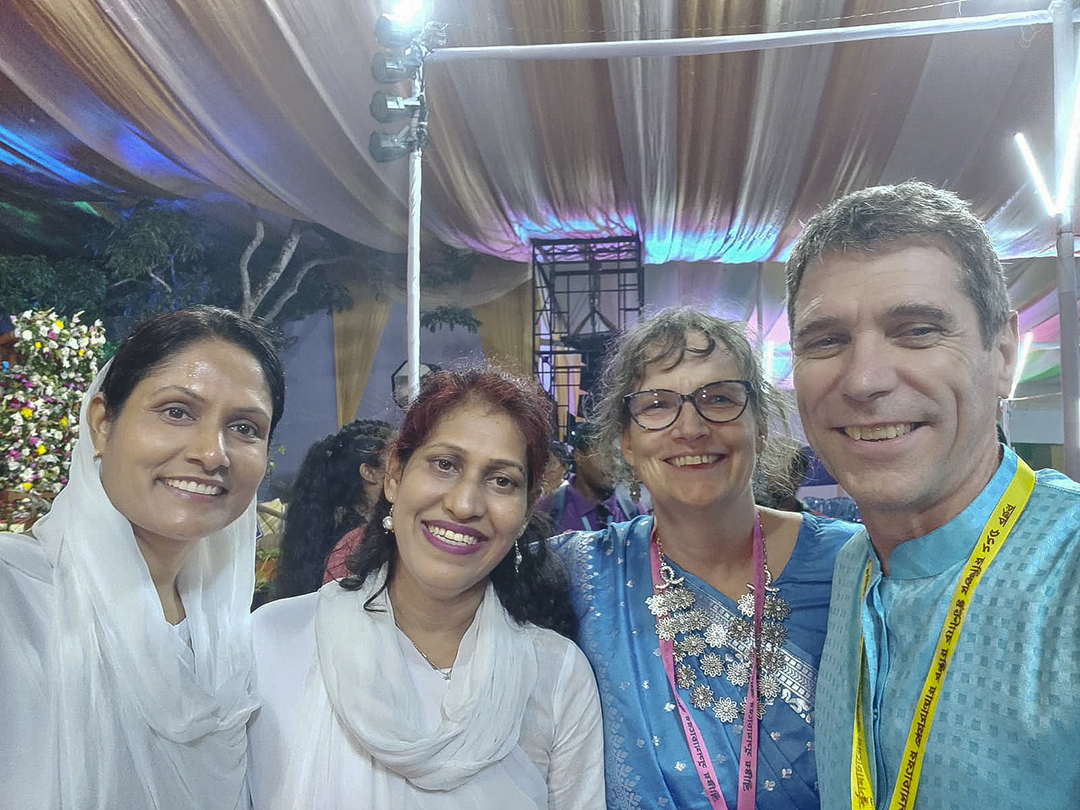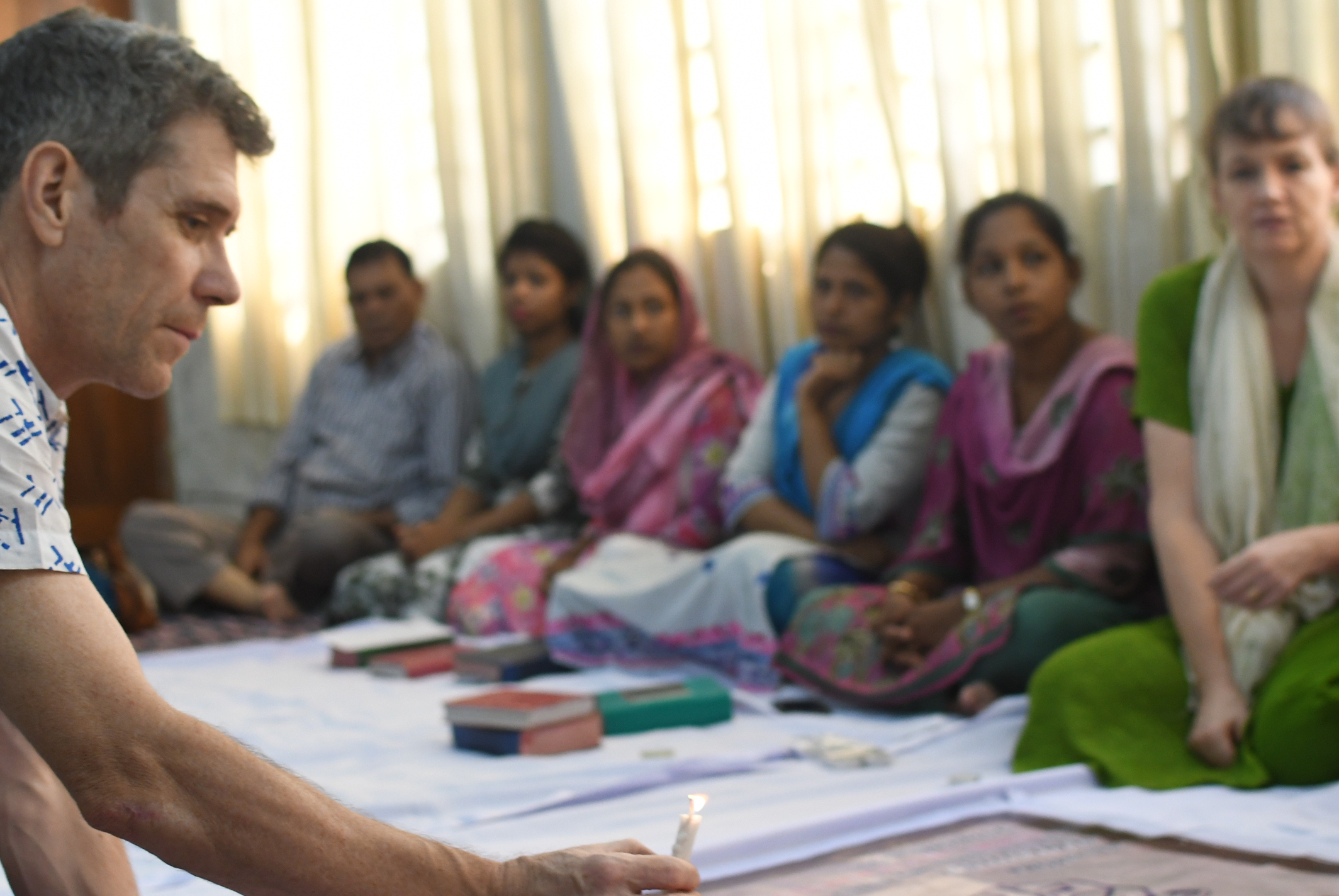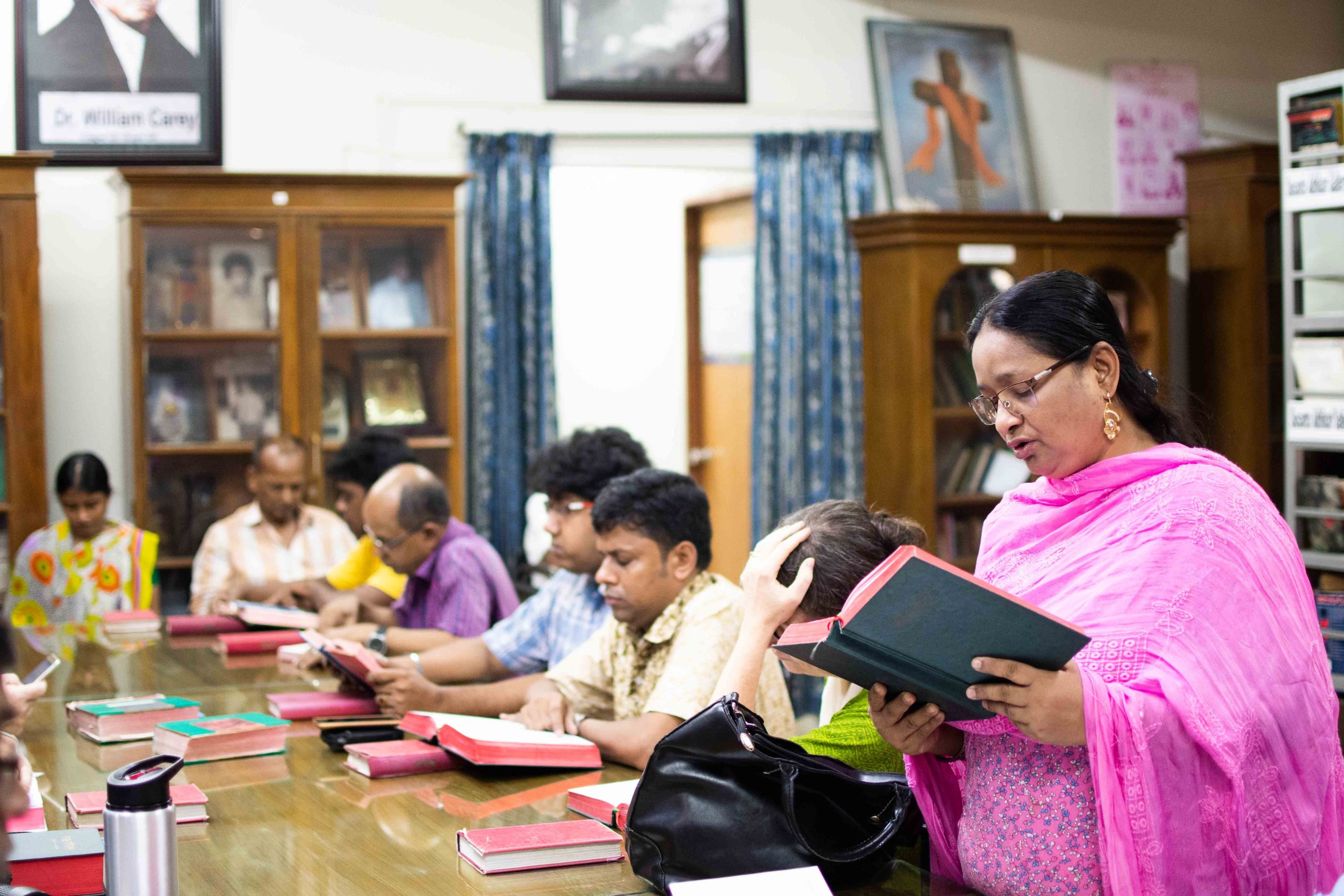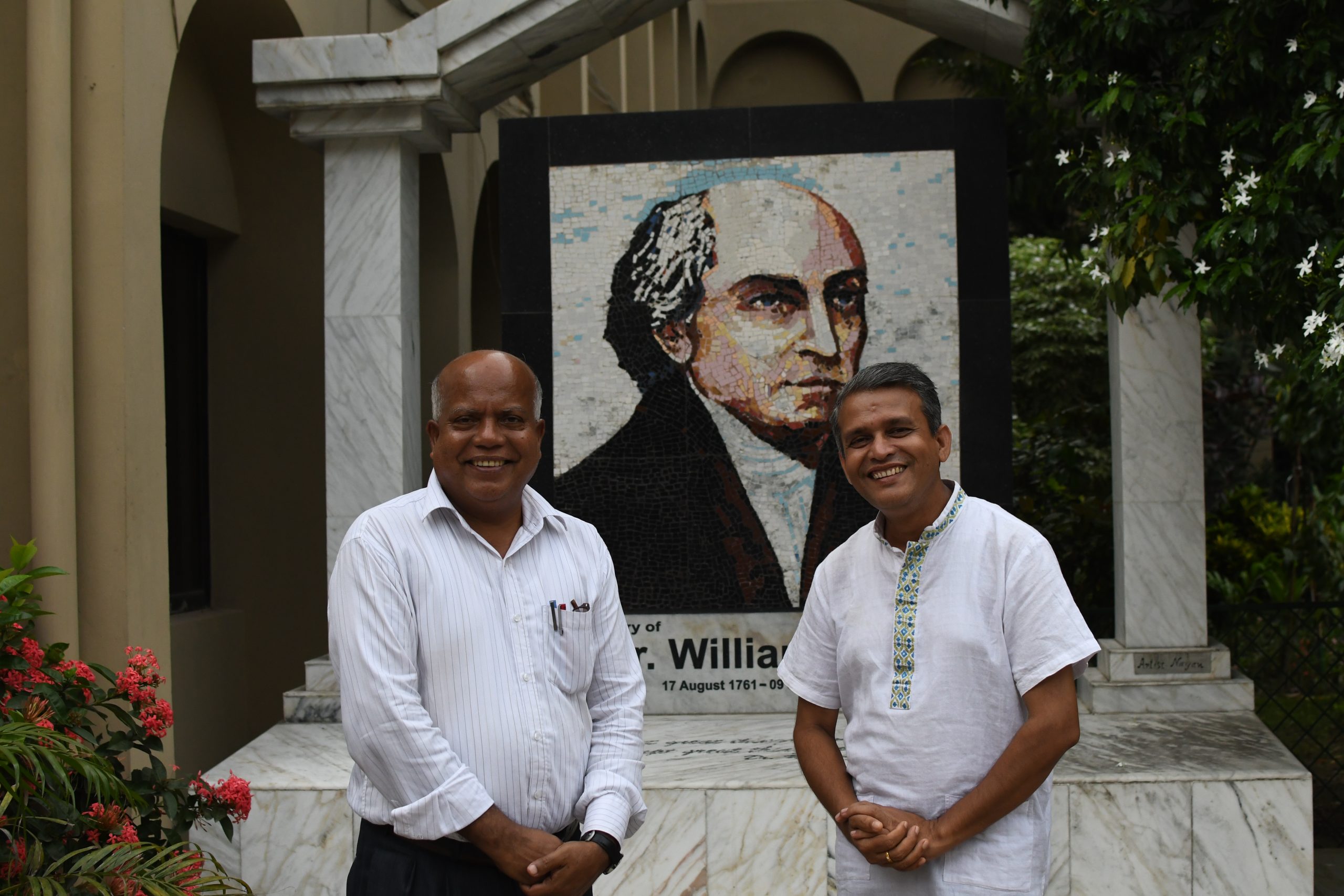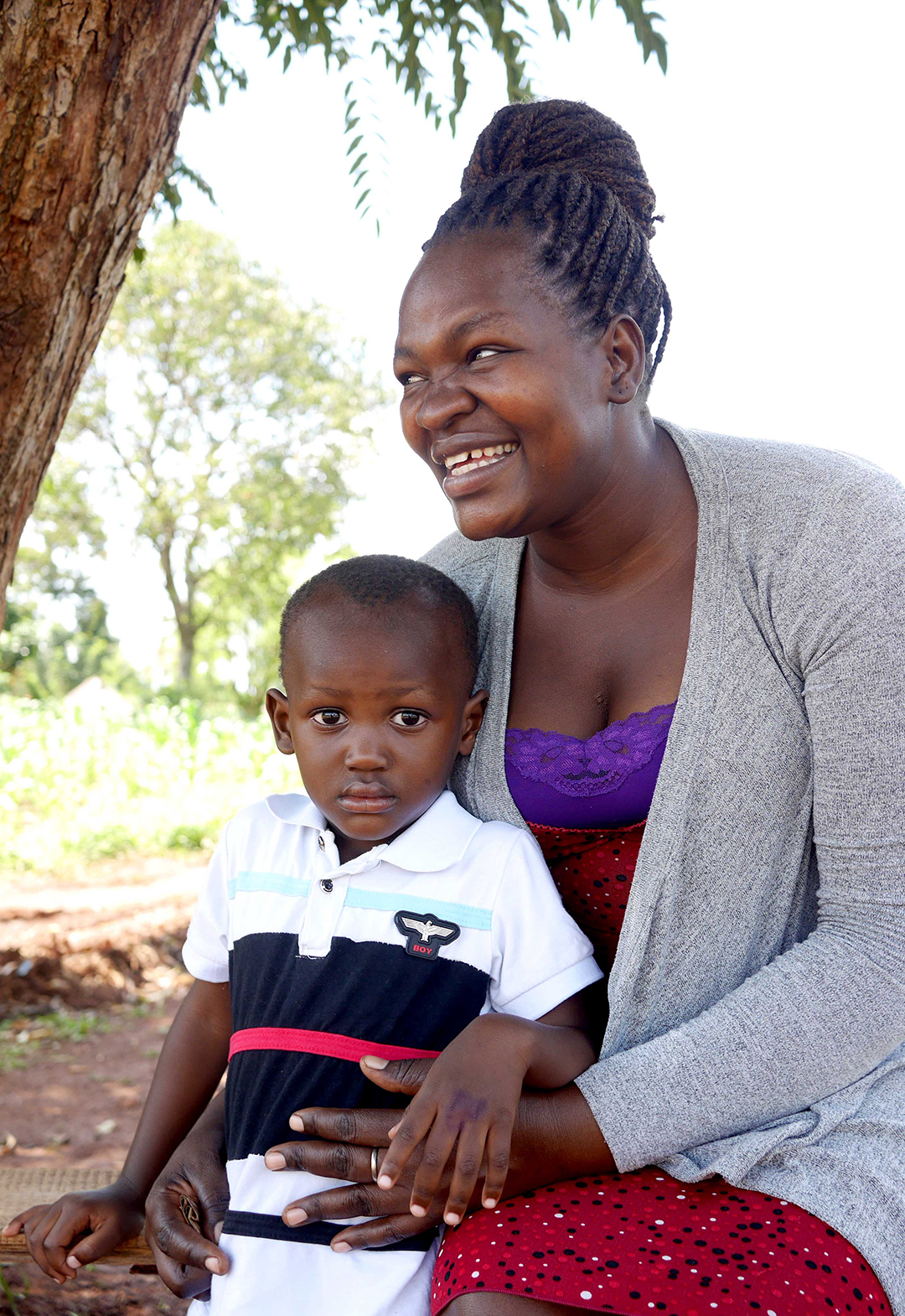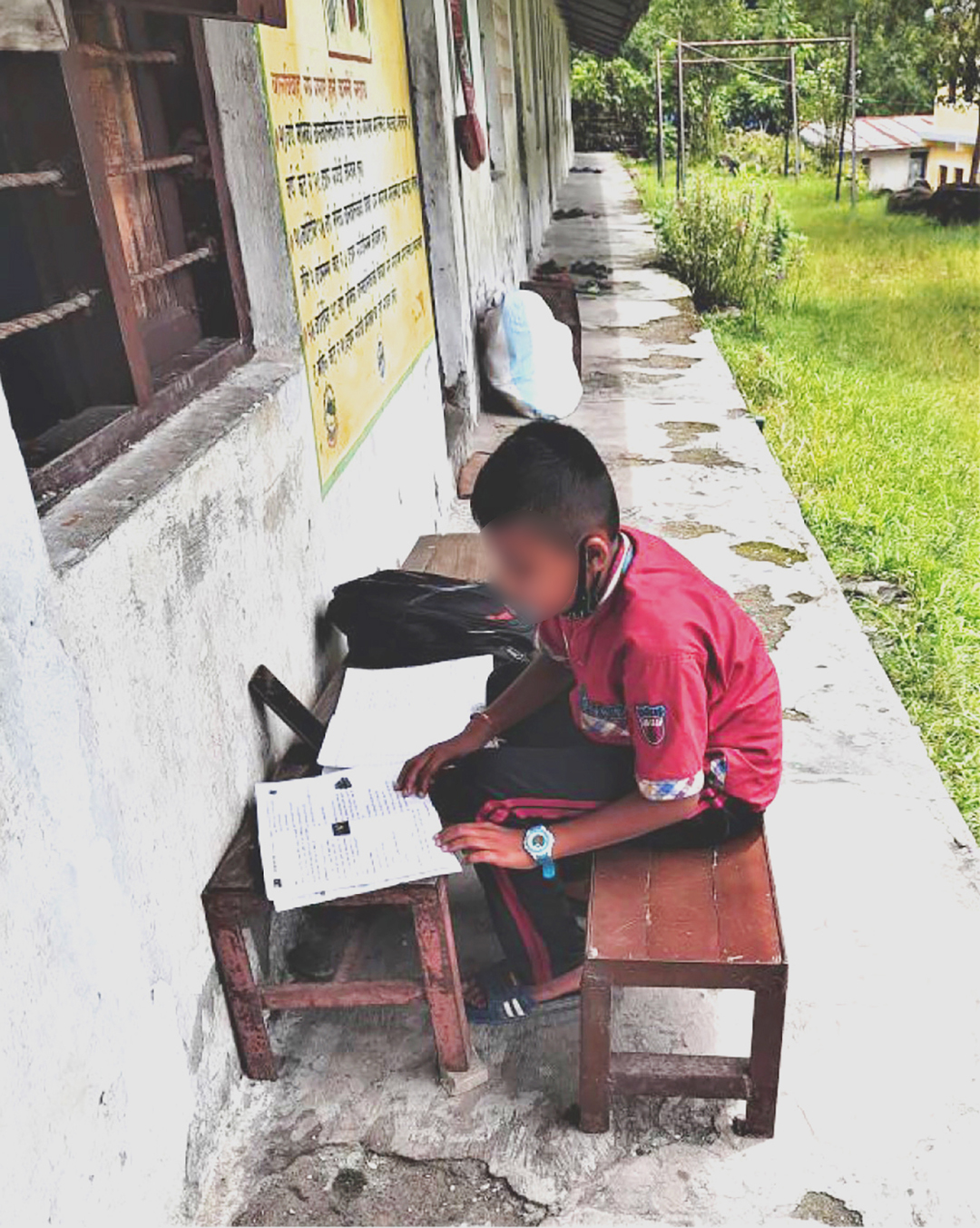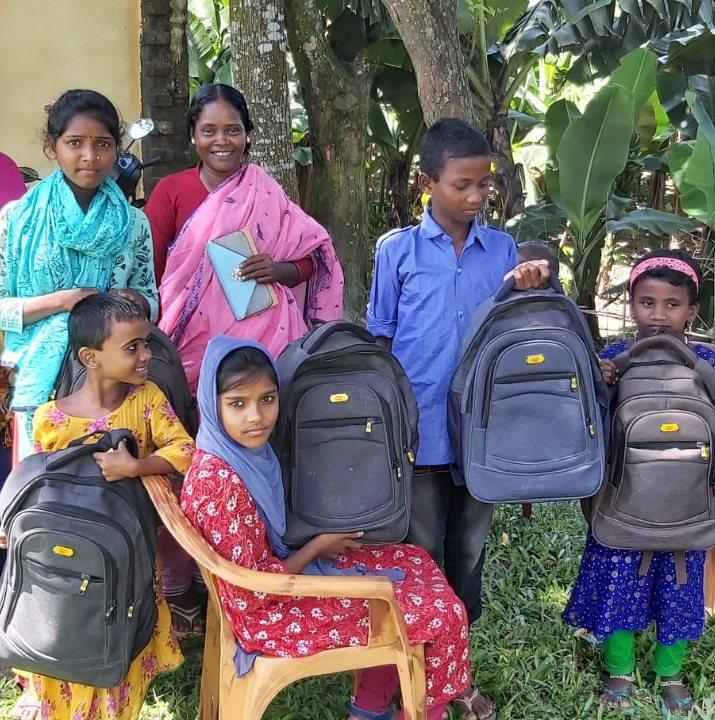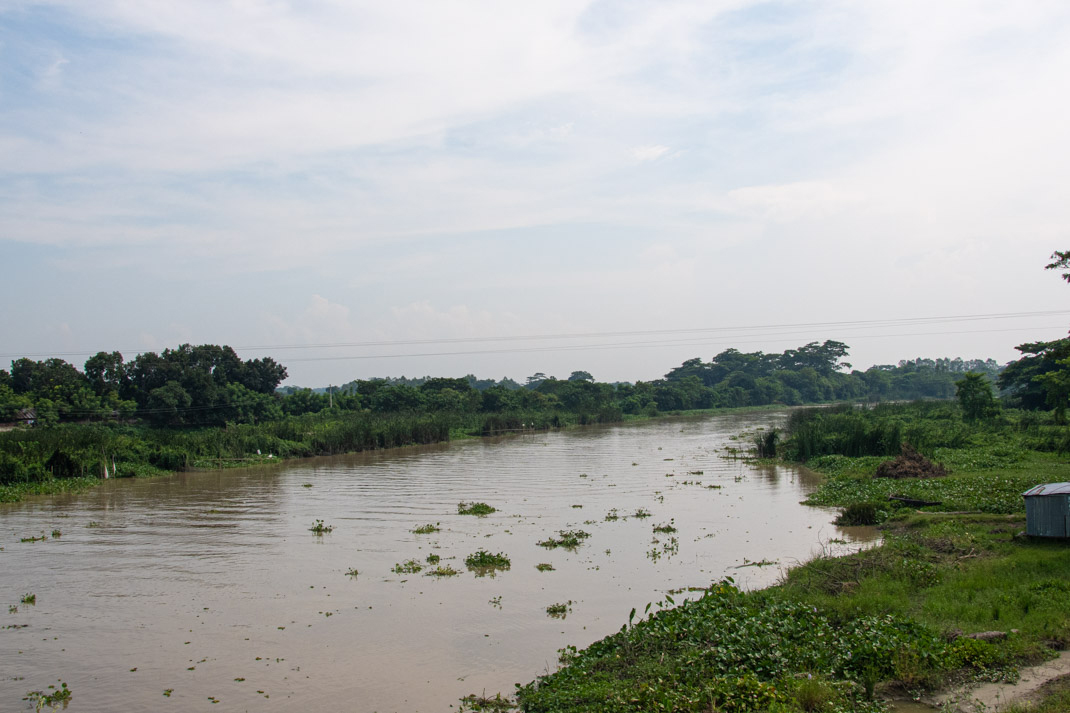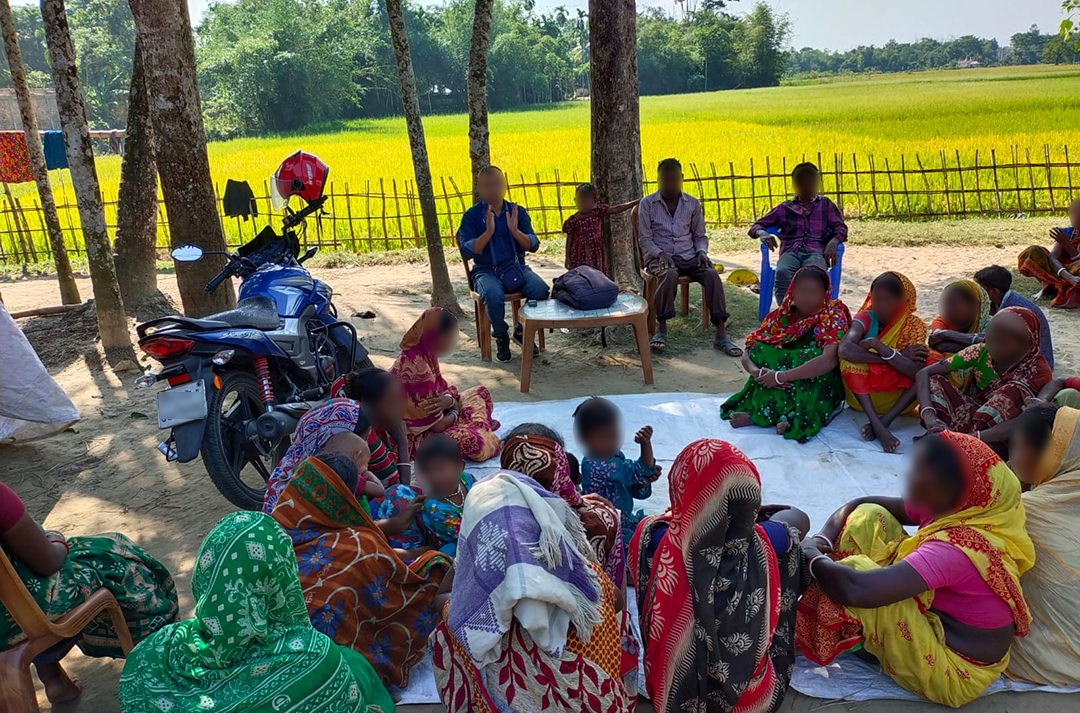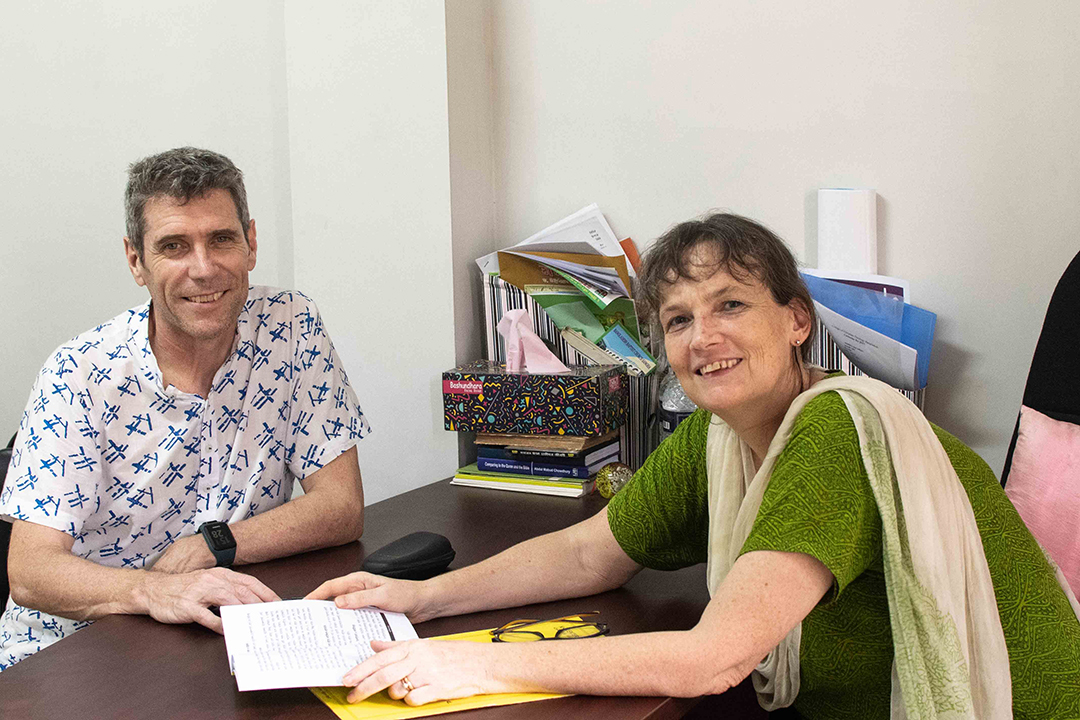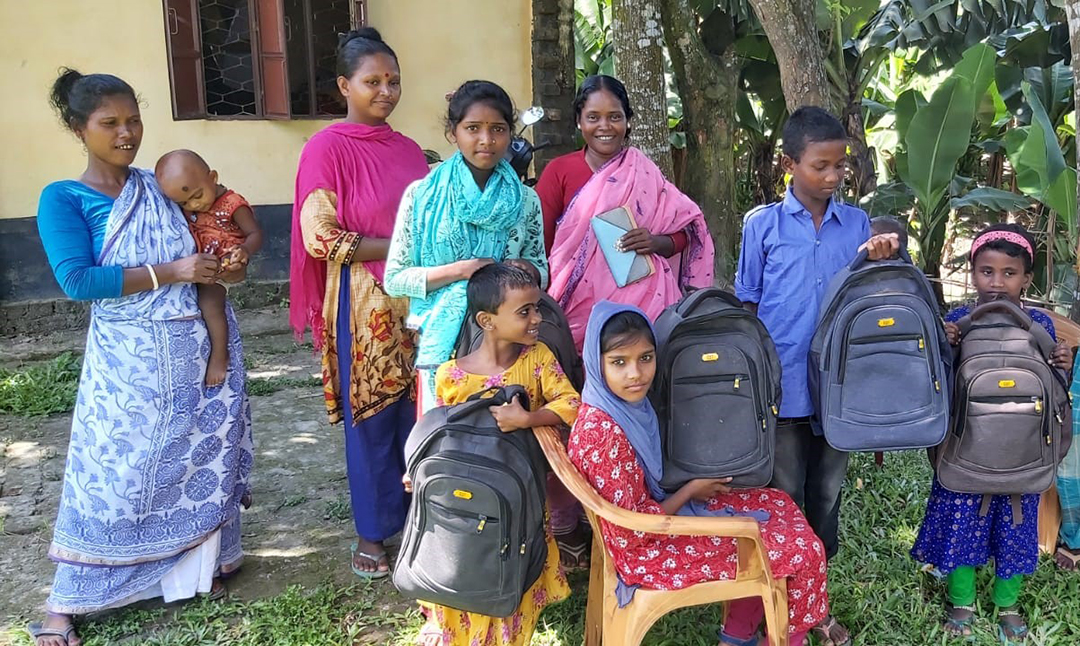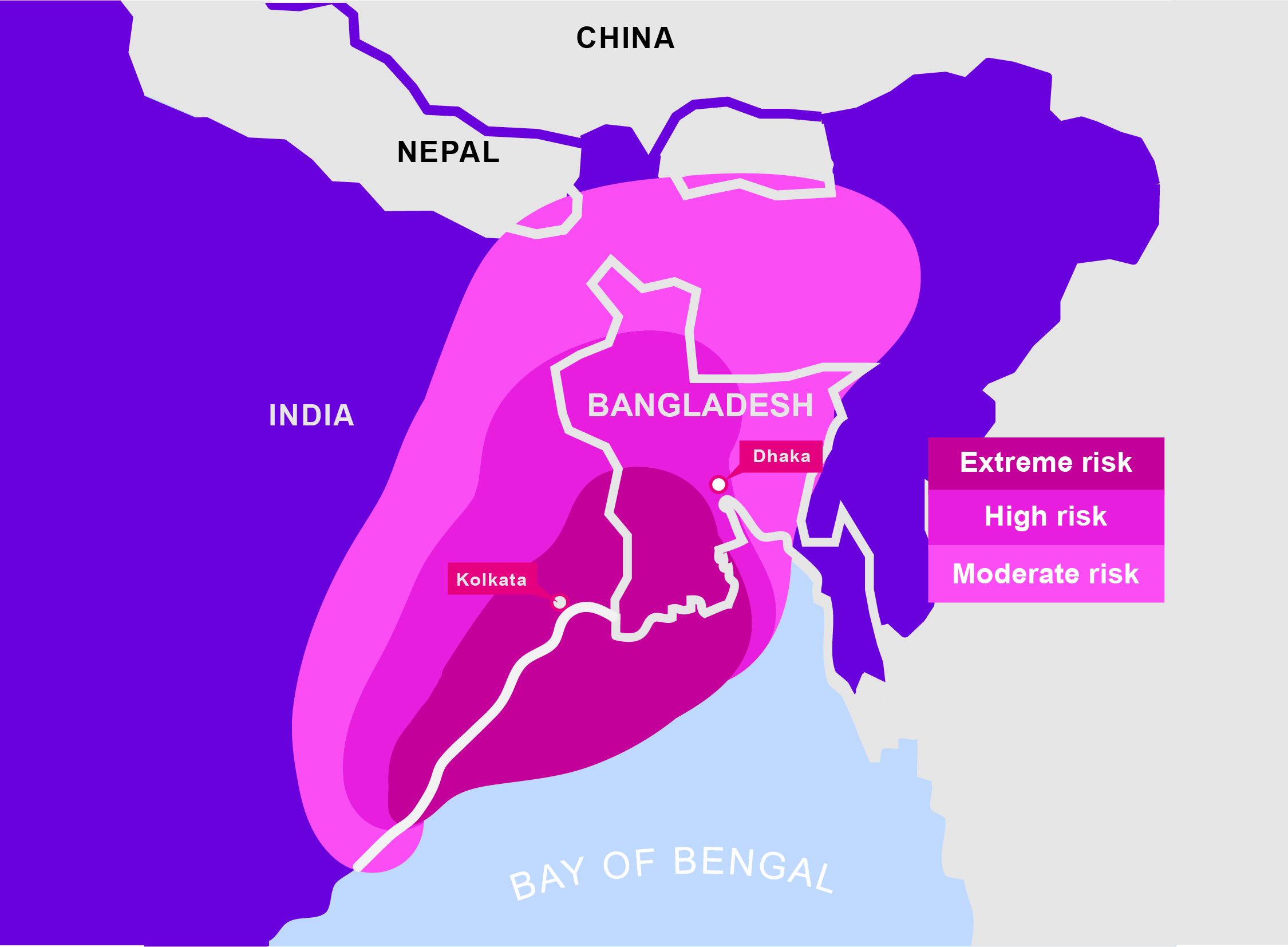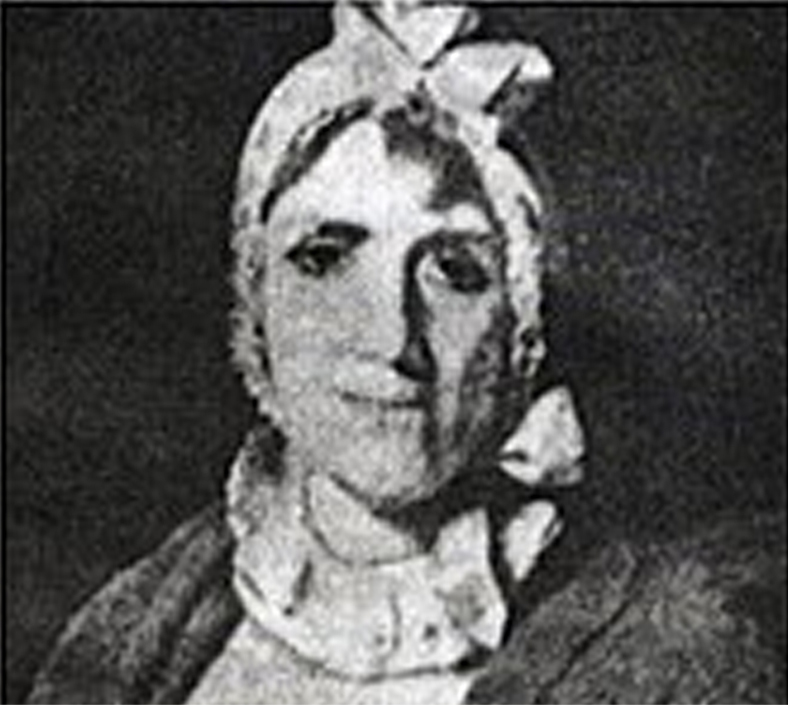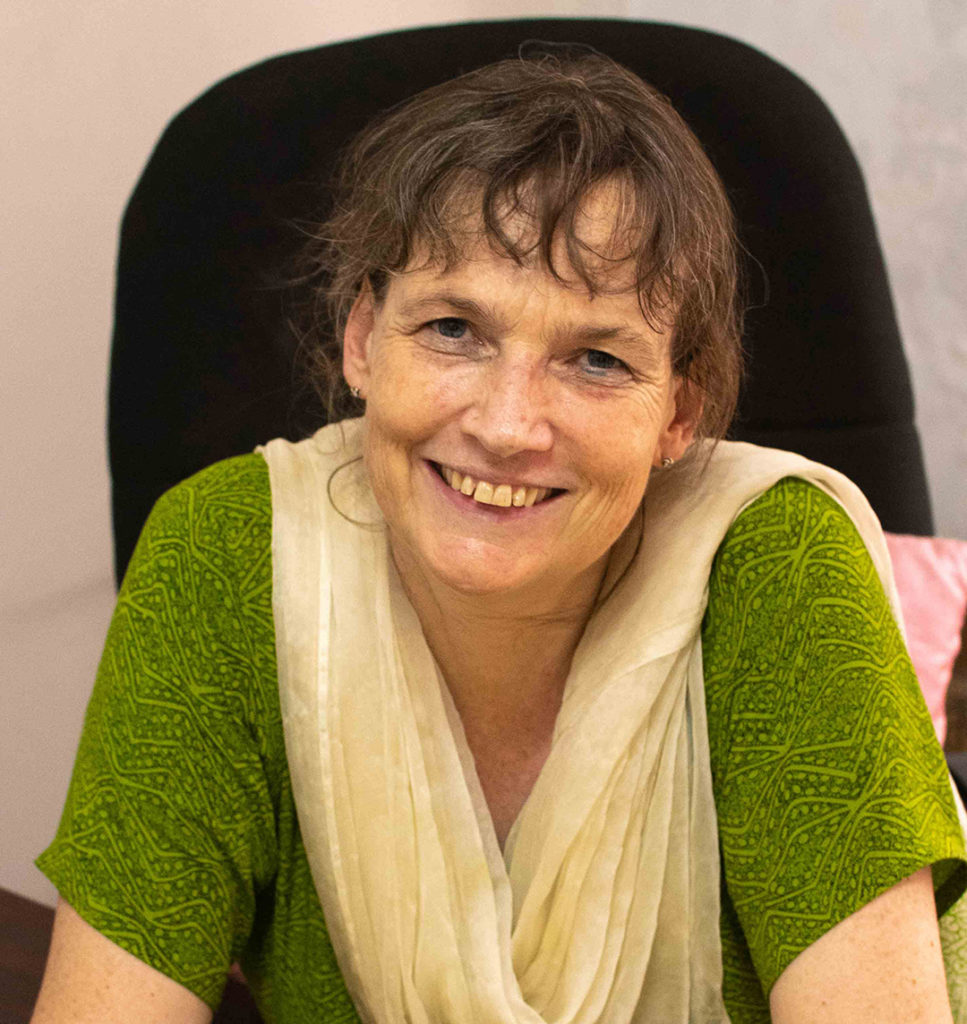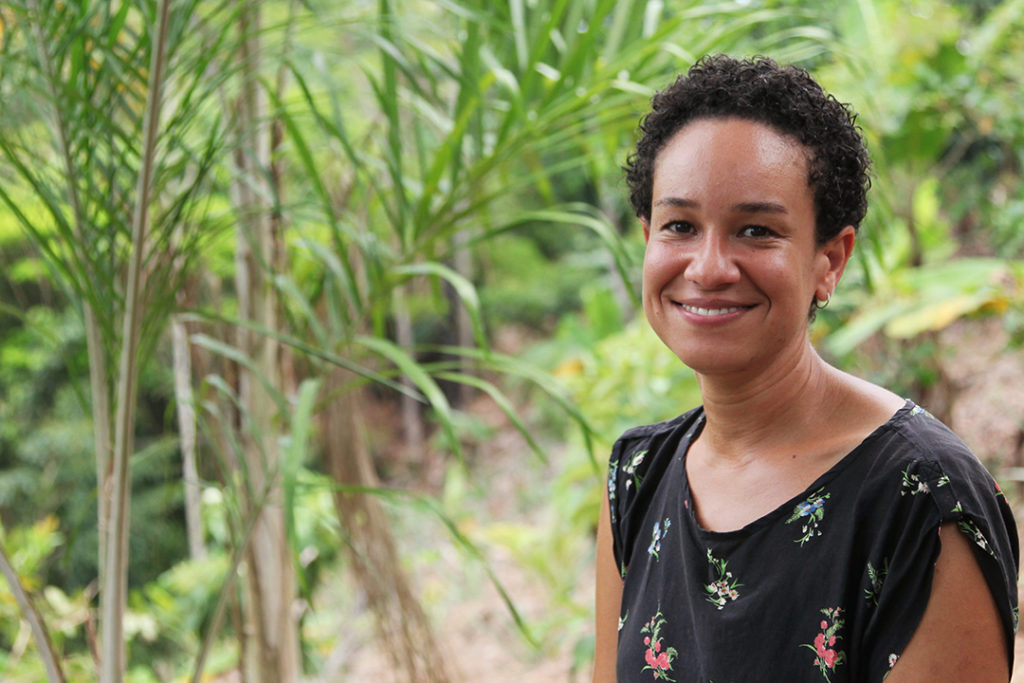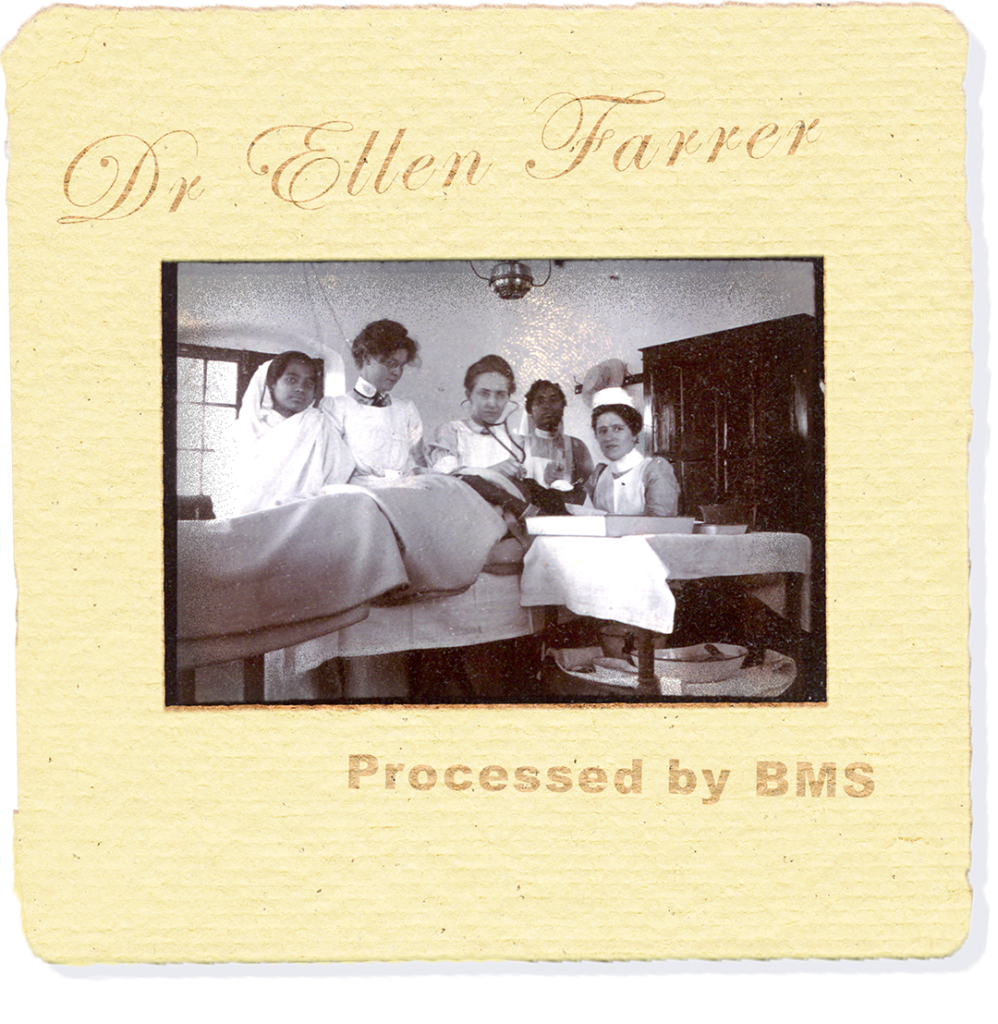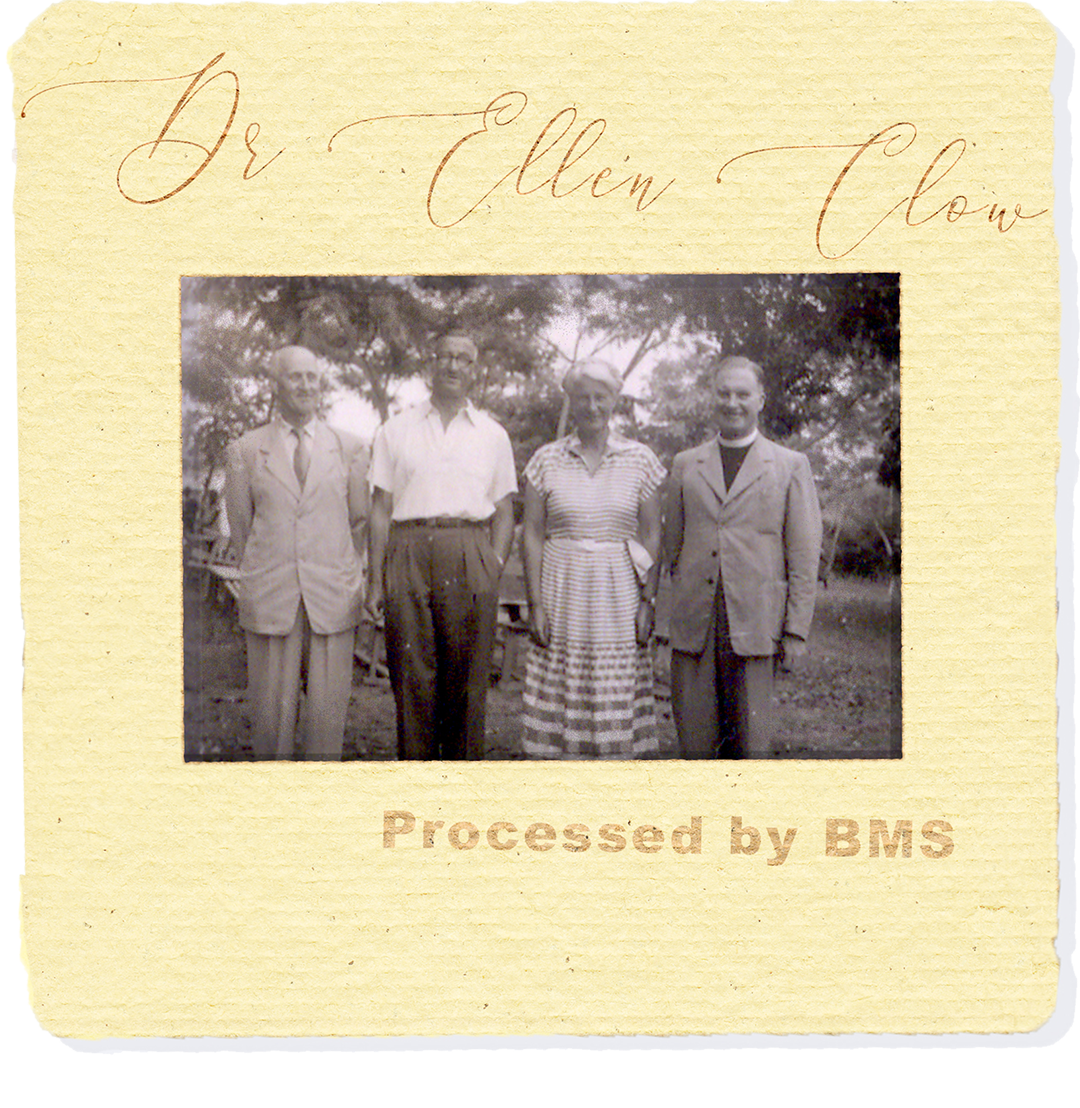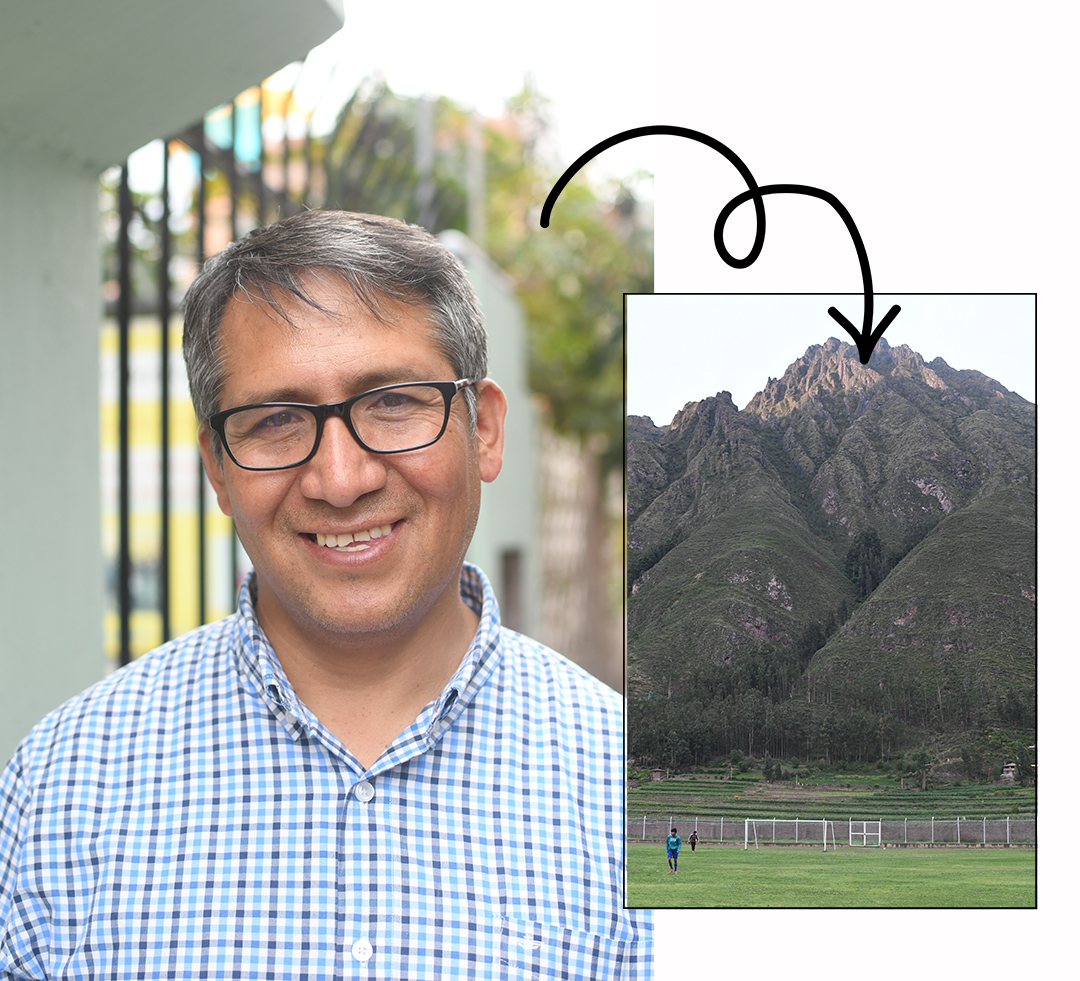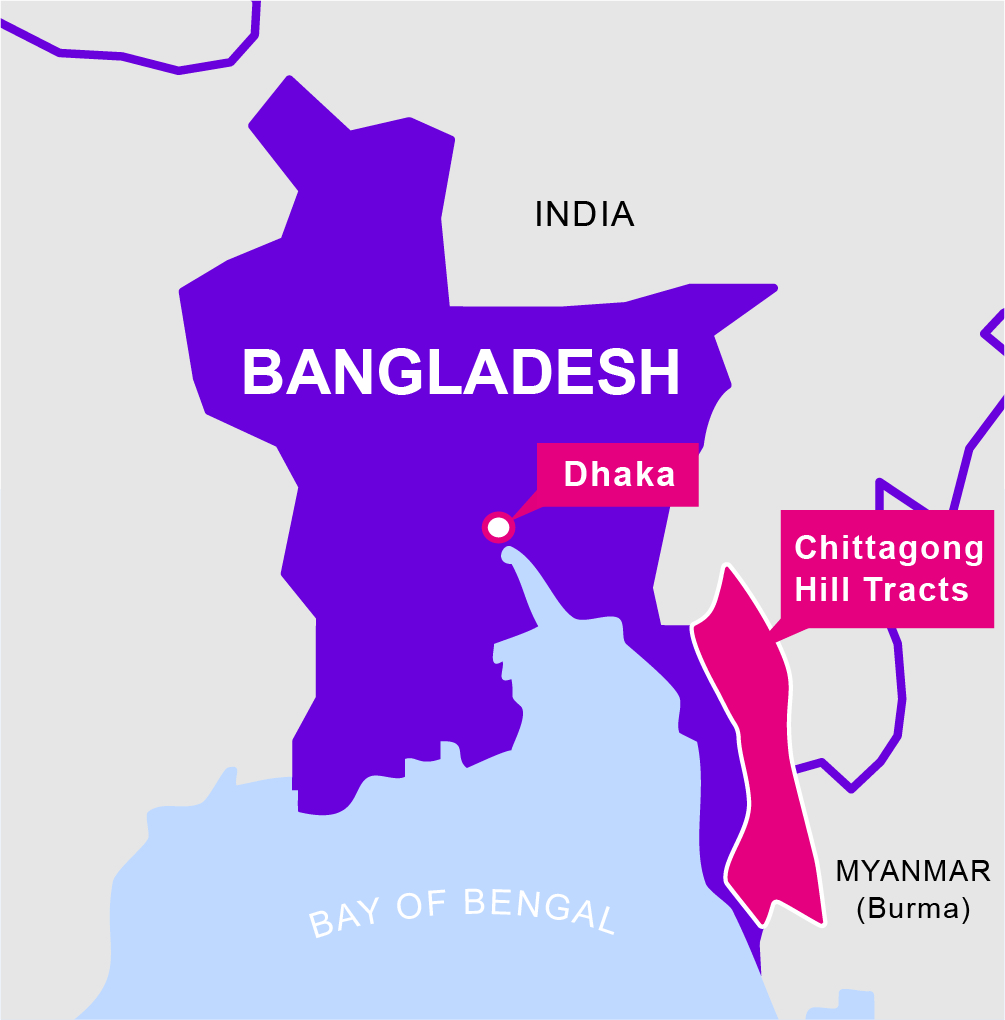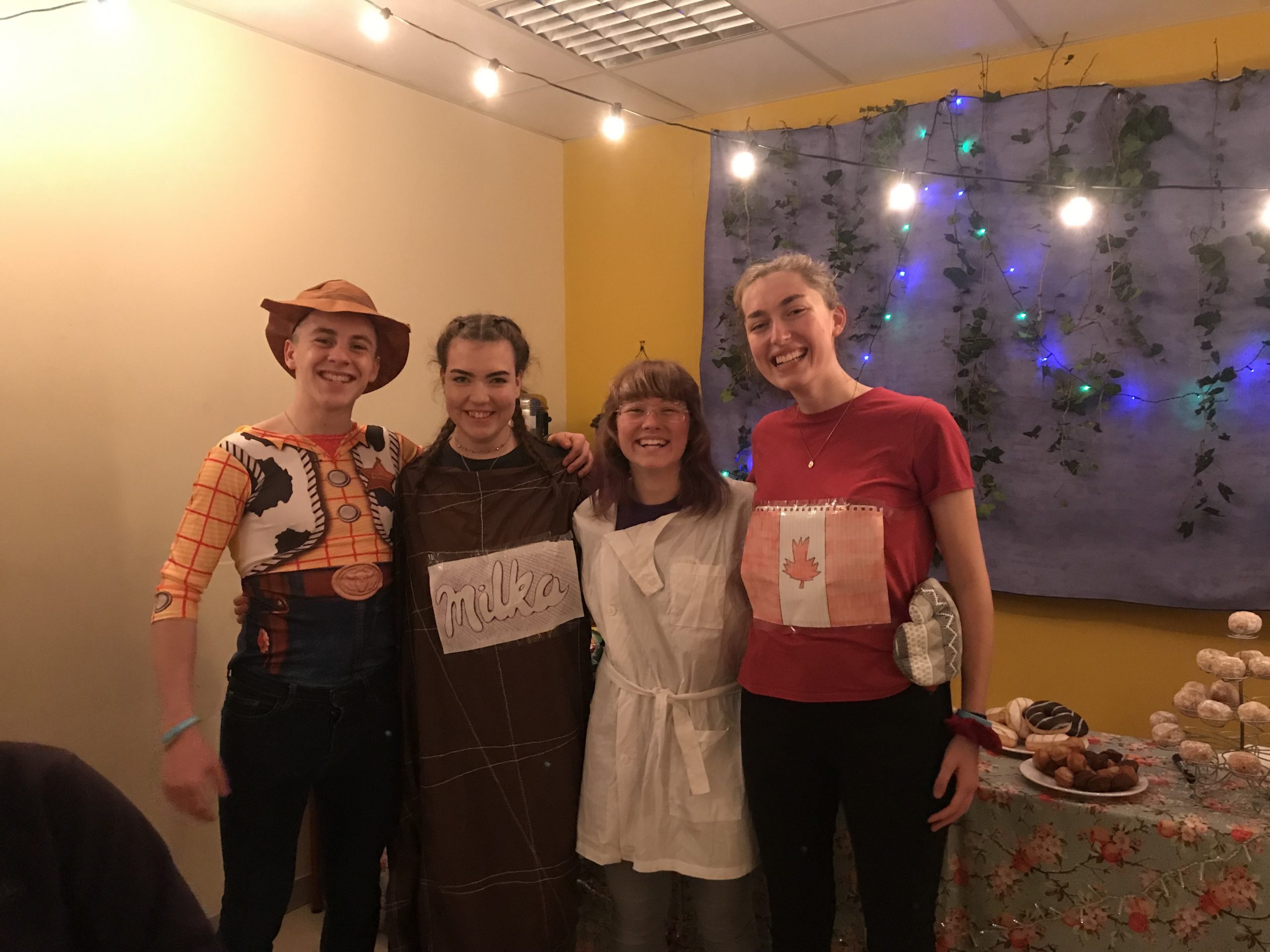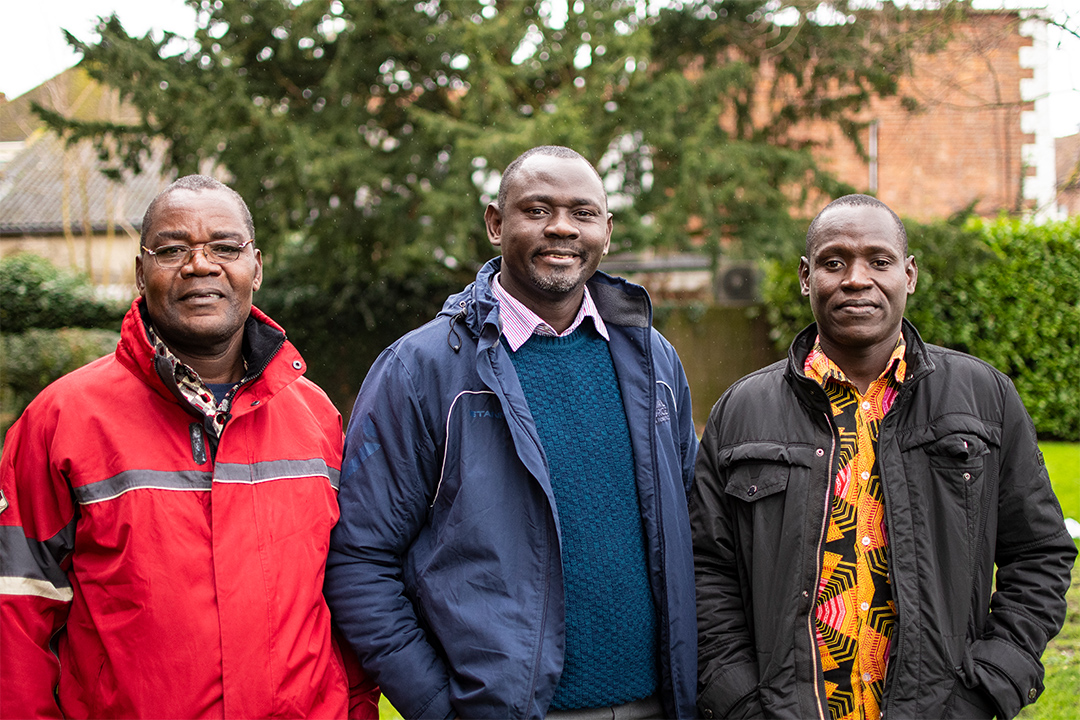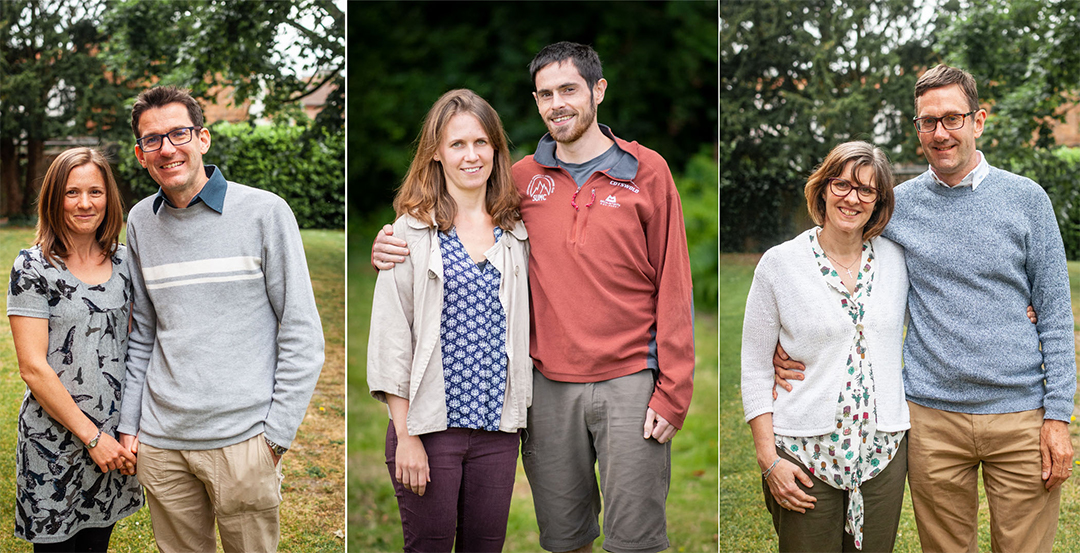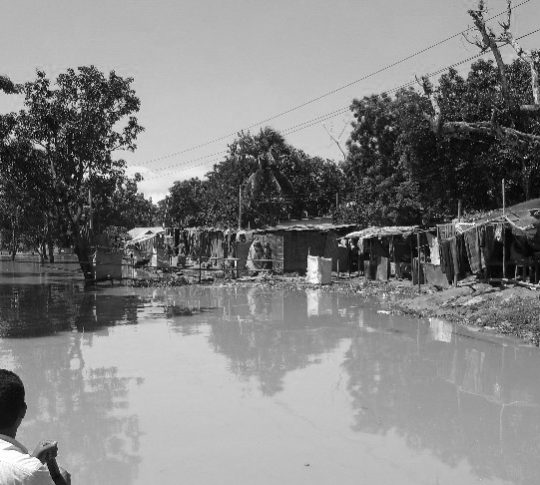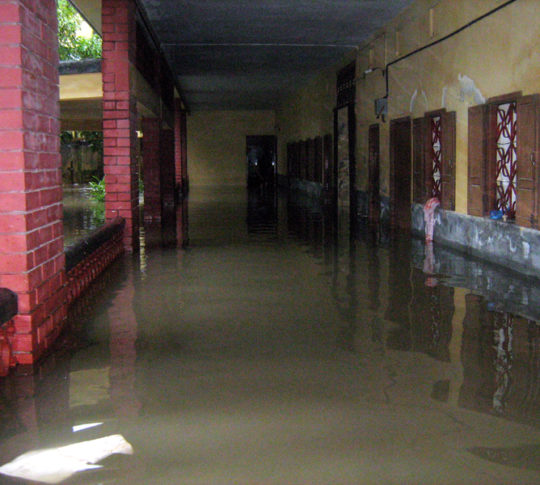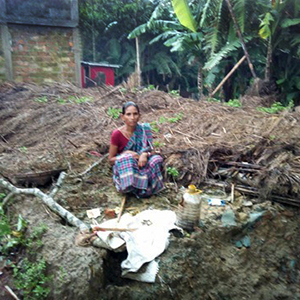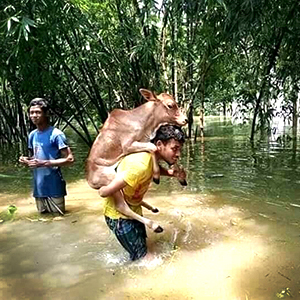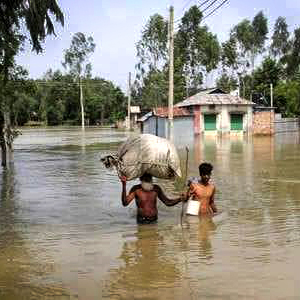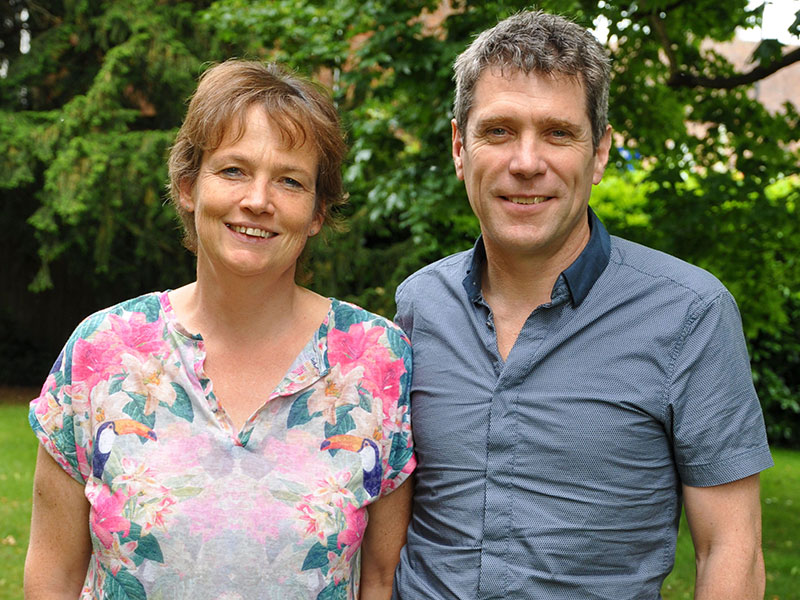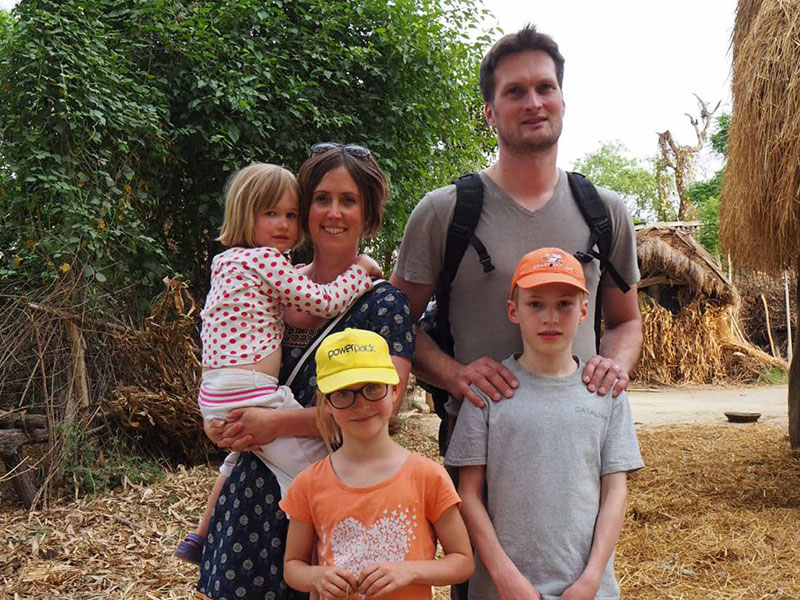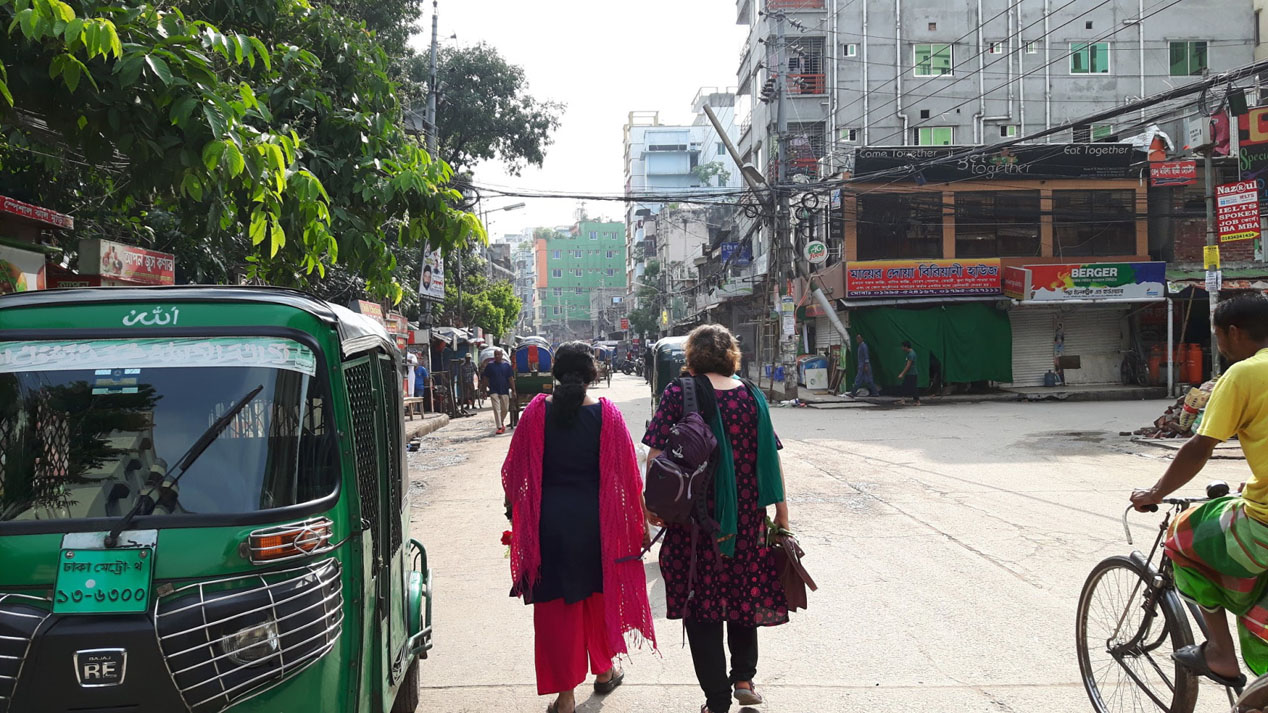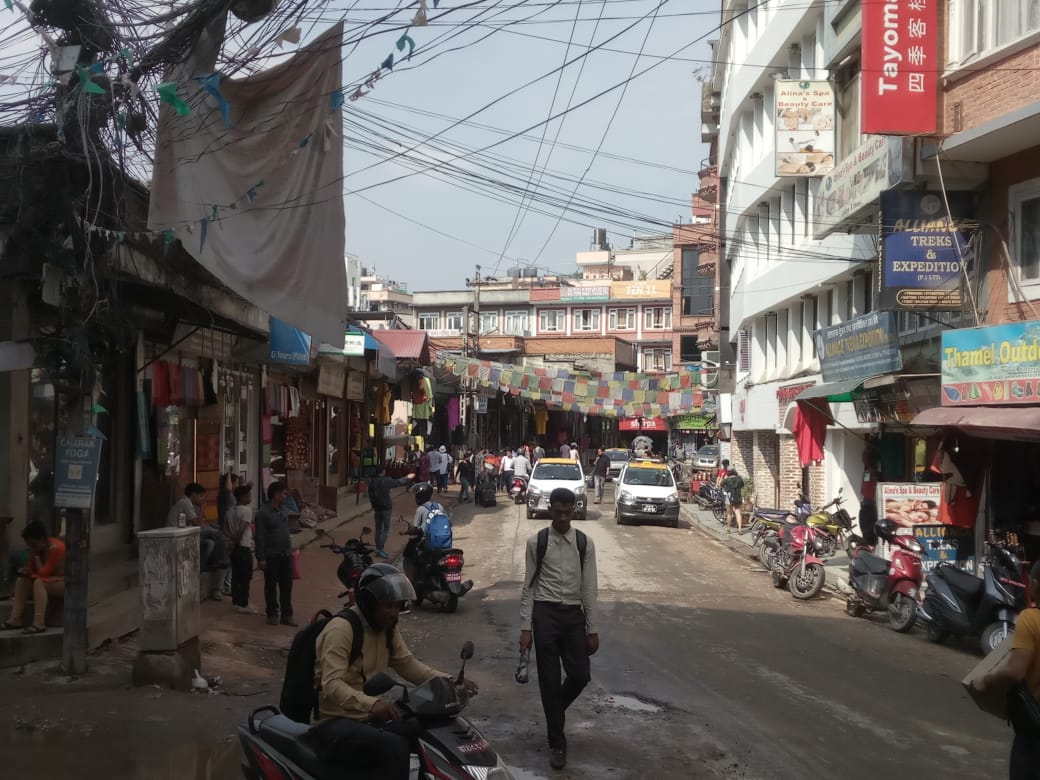2022: a BMS year in review
2022:
a BMS year in review
As we stood on the threshold of 2022 and looked forward, it’s doubtful many in the BMS World Mission community could have predicted what was to come in the year ahead. From war in Europe and a cost of living crisis, to incredible hope triumphing over struggle in the achievements of BMS partners and supporters – this is 2022, our year in review.
Hope in the darkest times
As we look back at 2022, one event looms especially large in our hearts and minds: the war in Ukraine. The shocking events of the Russian invasion in February soon unravelled into months of violence and bloodshed, resulting in a refugee crisis affecting millions. In the midst of it all, BMS supporters came together to raise an astounding total of more than £1.6 million.
That money went to help families like Lili’s, who fled Ukraine after surviving for more than a month in the basement of their home. Thanks to you, Lili and her children found shelter, practical support and a warm welcome in a church-turned-refugee centre in Poland. Watch her story below to learn more about the difference you made.
Standing firm in crisis
The war in Ukraine had an impact that reached far beyond Europe’s borders. Shockwaves were felt across the world, especially in countries that had previously relied on Ukraine as the breadbasket of Europe. As global prices skyrocketed, it was the most vulnerable families who were hit the hardest. Thanks to you, they weren’t forgotten.
You supported families like Julie’s who fled Syria for the safety of Lebanon, but who experienced the impact of war all over again through an economic crisis that left them utterly devastated. As a result of your support, Julie’s been attending an education centre where she can make up for lost years – and where she finally feels safe and loved.
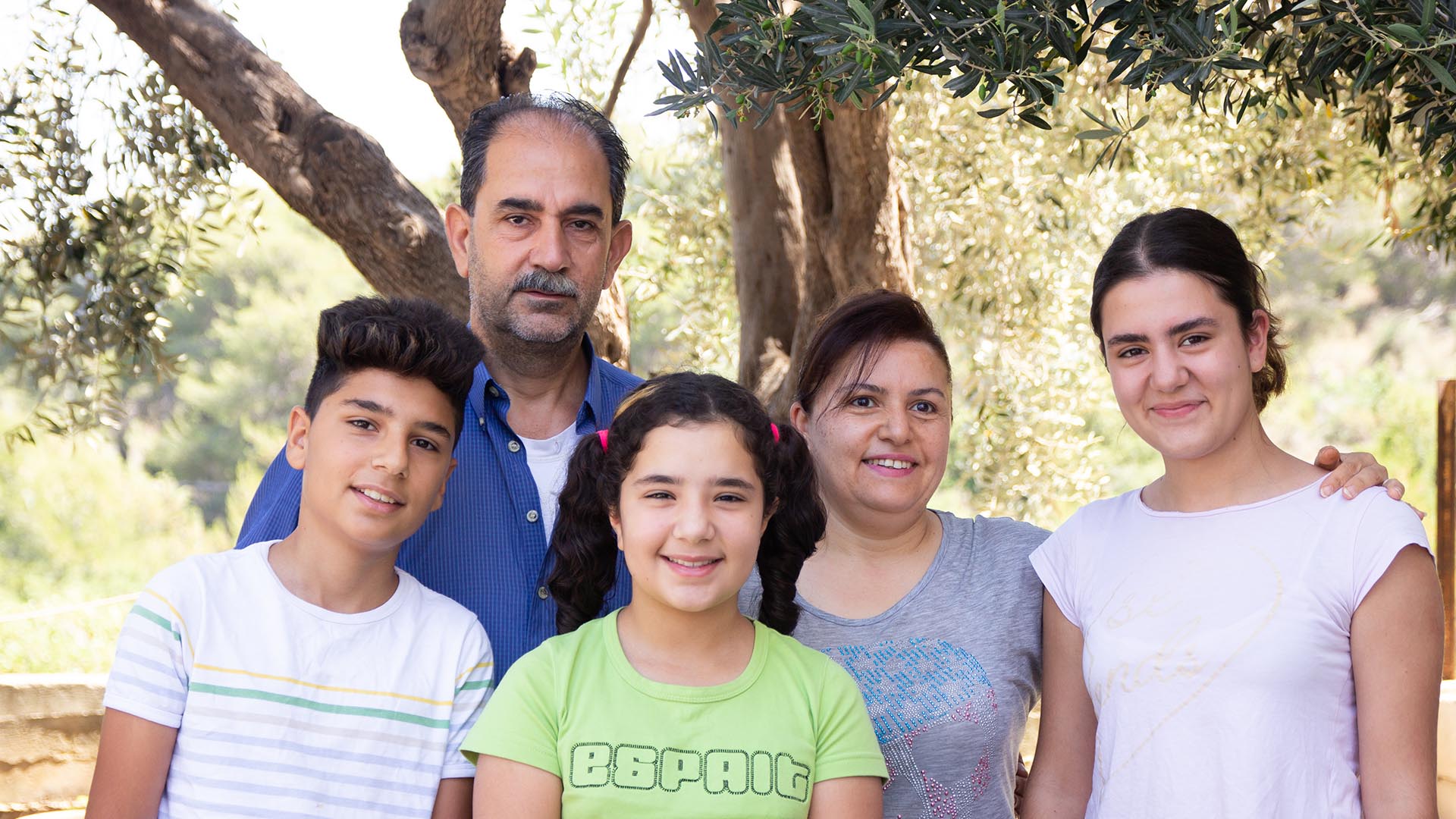
Good news from Good Land
Soumy* thought he’d have to leave Nepal to have a good life. Your support for the BMS Harvest appeal for 2022 persuaded him otherwise. The appeal, named Good Land, was based on the idea that flourishing can be found in Soumy’s home village of Ghusel, with the right opportunities and support. You brought that support in the form of veterinary training, child-centred education and clean water practices, as well as providing breeding goats to the community. The results have been so encouraging – check out a video shot on the ground in Ghusel to see them for yourselves!
Your prayers bringing justice
Your faithful support and prayers this year have helped embed crucial gender justice and creation stewardship principles across all our work. In November, you prayed for our gender justice champions, which we shared on our Facebook and Twitter pages during the 16 Days of Activism against Gender-Based Violence campaign. These dedicated individuals are working hard to see God’s justice reign throughout BMS-supported work.
And just before that, you prayed along with our Creation Stewardship Co-ordinator Laura-Lee Lovering ahead of COP27, trusting that the Lord would be at work among world leaders making big decisions about the future of the planet. Your support and prayers for these areas are so crucial to making God’s vision of justice real across the world – so thank you for praying with us!
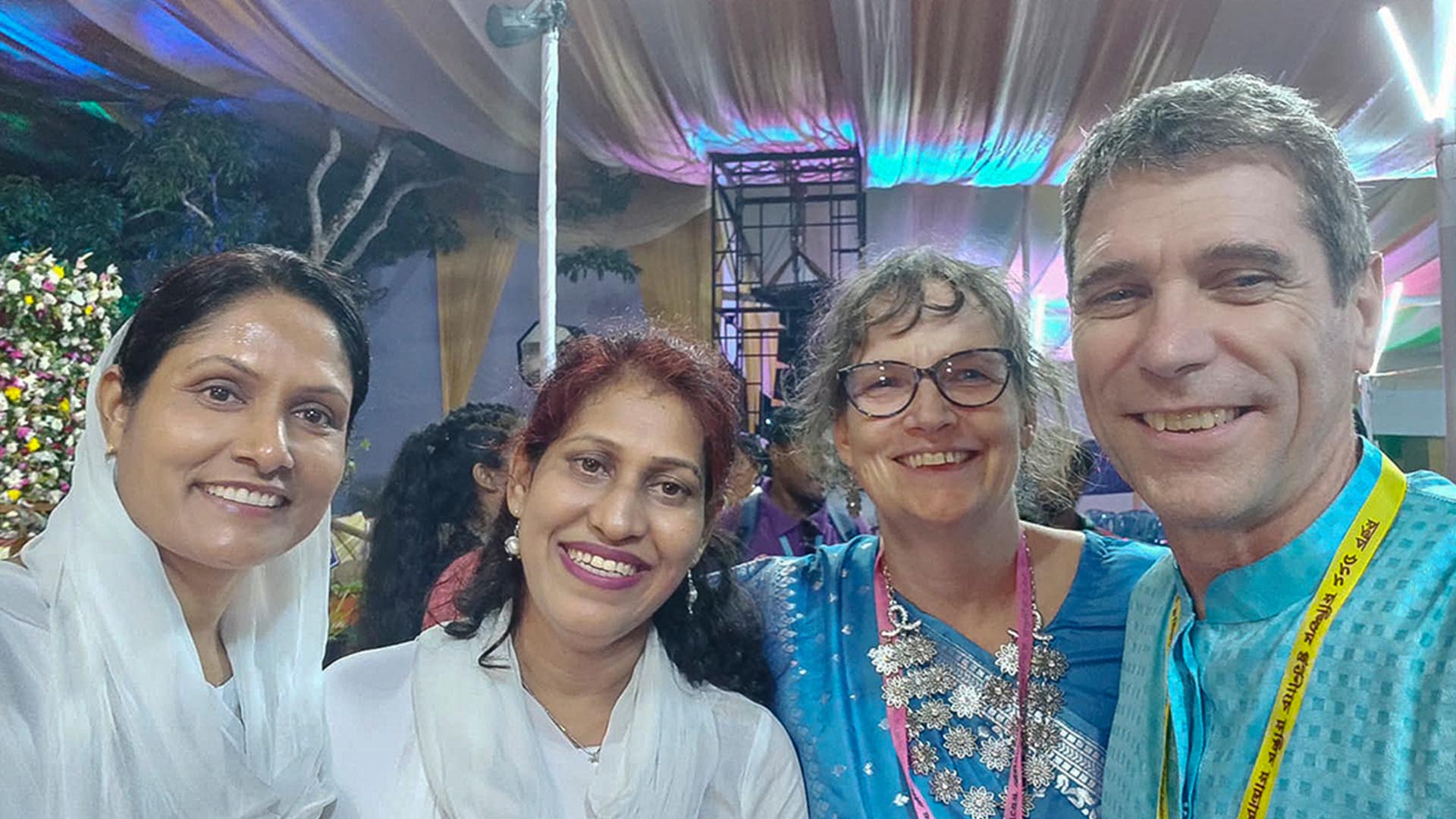
Celebrating and making history in Bangladesh!
At the end of the year, our partner the Bangladesh Baptist Church Sangha (BBCS) celebrated the 225th anniversary of BMS founder William Carey’s arrival in Bengal. Thousands of people came together to celebrate BBCS’ rich history, and to anticipate an exciting future, as with the celebration came the ordination of BBCS’ first two female pastors!
Praise God for Pastors Nandita Sharkar and Jyoti Ratner! Please pray for them as they take their first steps in their ministries this year.
Praying for Afghanistan
Afghanistan is another nation that has really been on our hearts this year. We shared an update on the changes there during a period of relative stability over the summer, and many of you gave generously to our Afghanistan Christmas appeal to help farmers feed their families. However, you may have seen the recent news about more tragic restrictions on women’s rights and their ability to access work and education.
There is so little hope left in Afghanistan – especially for Afghan women – so we ask that you continue to pray for this nation. Please pray for wisdom, open hearts and for a resolution to this situation that is hurting those who have already been hurt the most.
Thank you so much for the difference you’ve made across the world in 2022. Without your generous giving, faithful prayers, dedicated volunteering and hearty support, none of the work mentioned above would have been possible! You can be sure that with your support in 2023, you’ll reach people in need, help build strong communities and see even more people come to Christ this year.

*Name changed for security purposes.
Words by Hannah Watson and Laura Durrant.


